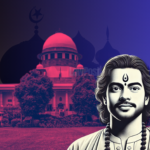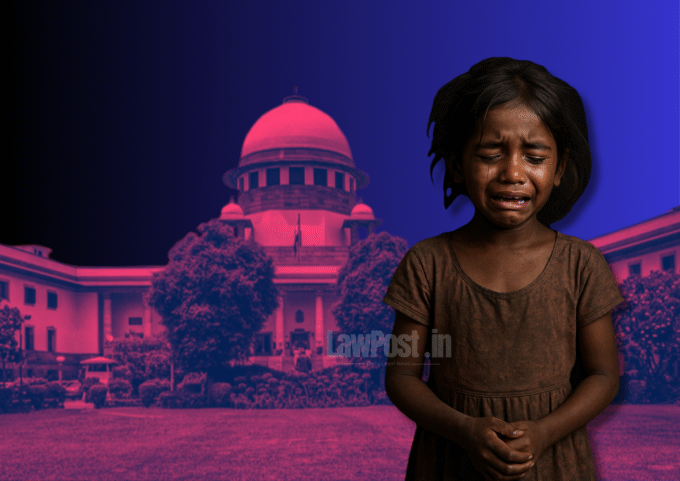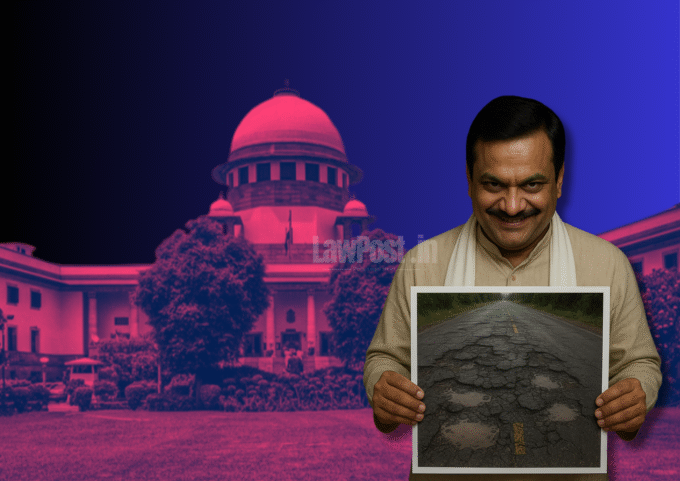The Supreme Court of India is set to hear in January 2025 a pivotal plea challenging the additional fees charged by temples for ‘VIP Darshans’ of deities. The writ petition calls for the abolition of such fees, arguing that they violate the principles of equality enshrined under Articles 14 and 21 of the Constitution by discriminating against devotees unable to afford these charges.
The case, being heard by a bench comprising Chief Justice of India (CJI) Sanjiv Khanna and Justice Sanjay Kumar, has already drawn significant public attention. During a recent hearing, the Court took issue with media reports misrepresenting the proceedings of previous hearings.
“Completely Misrepresented”: Court Criticizes Media Coverage The bench expressed strong disapproval over certain news outlets’ portrayal of the court’s earlier observations:
- CJI Sanjiv Khanna remarked, “Last time whatever happened in the court is completely misrepresented in the media.”
- Justice Sanjay Kumar added, “Obviously you went to the media; there is no question of [reporters] finding out what is happening in the court… some stray observation of [the] CJI… you blew [it] out of proportion.”
The exchange emphasized the need for accurate reporting, with the counsel for the petitioner clarifying that there had been no deliberate communication with the press. The Court’s observations were widely shared across the country, underscoring the case’s societal significance.
The Petition: Arguments and Relief Sought The petition challenges the fees charged for expedited access to deities, typically ranging from Rs. 400 to Rs. 500. It contends that such charges impose an unfair financial and physical burden on ordinary devotees, especially marginalized groups such as women, persons with disabilities, and senior citizens.
The plea highlights the government’s inaction on addressing the issue comprehensively, pointing out that while a directive was issued to Andhra Pradesh, states like Uttarakhand, Uttar Pradesh, and Madhya Pradesh remain unaffected.
The petition seeks:
- Abolition of VIP Darshan Fees, deeming them violative of the rights to equality and religious freedom.
- Equal Treatment of Devotees regardless of financial status.
- Standard Operating Procedures (SOPs) to ensure equal access for all devotees.
- Constitution of a National Board to oversee temple management issues, promoting fairness and inclusivity.
Hearing Scheduled for January 27, 2025 The Supreme Court has now scheduled the matter for further hearing on January 27, 2025. The outcome of this case could set a precedent for the management of temples across India, balancing the principles of religious freedom with the right to equality and accessibility.








